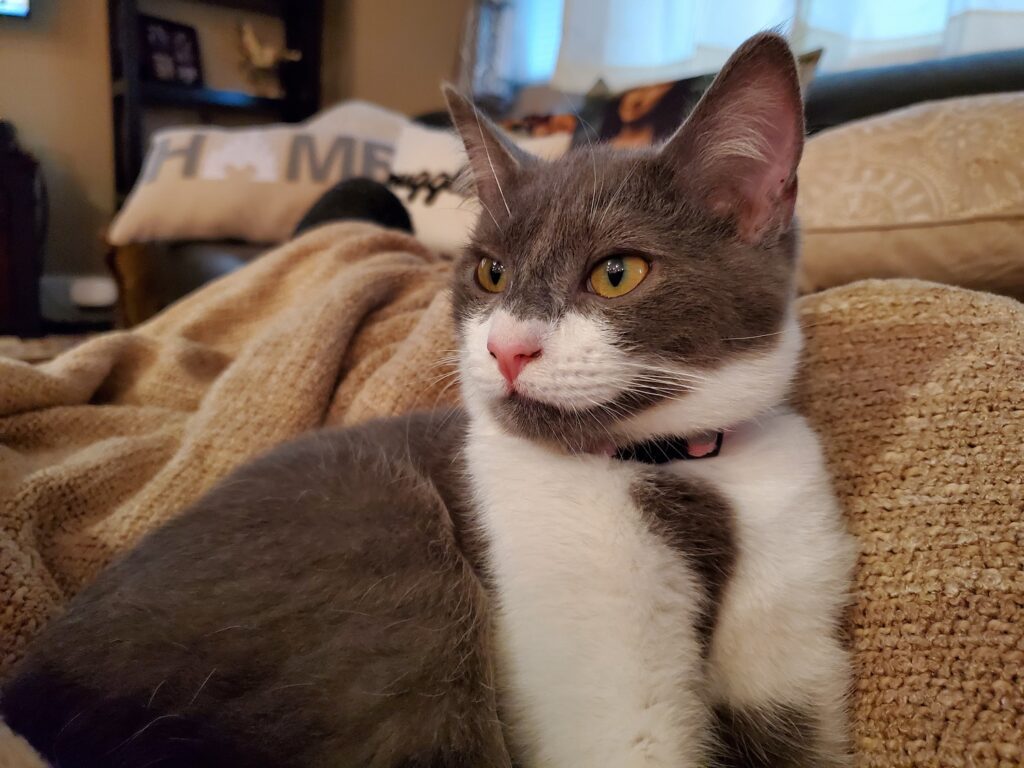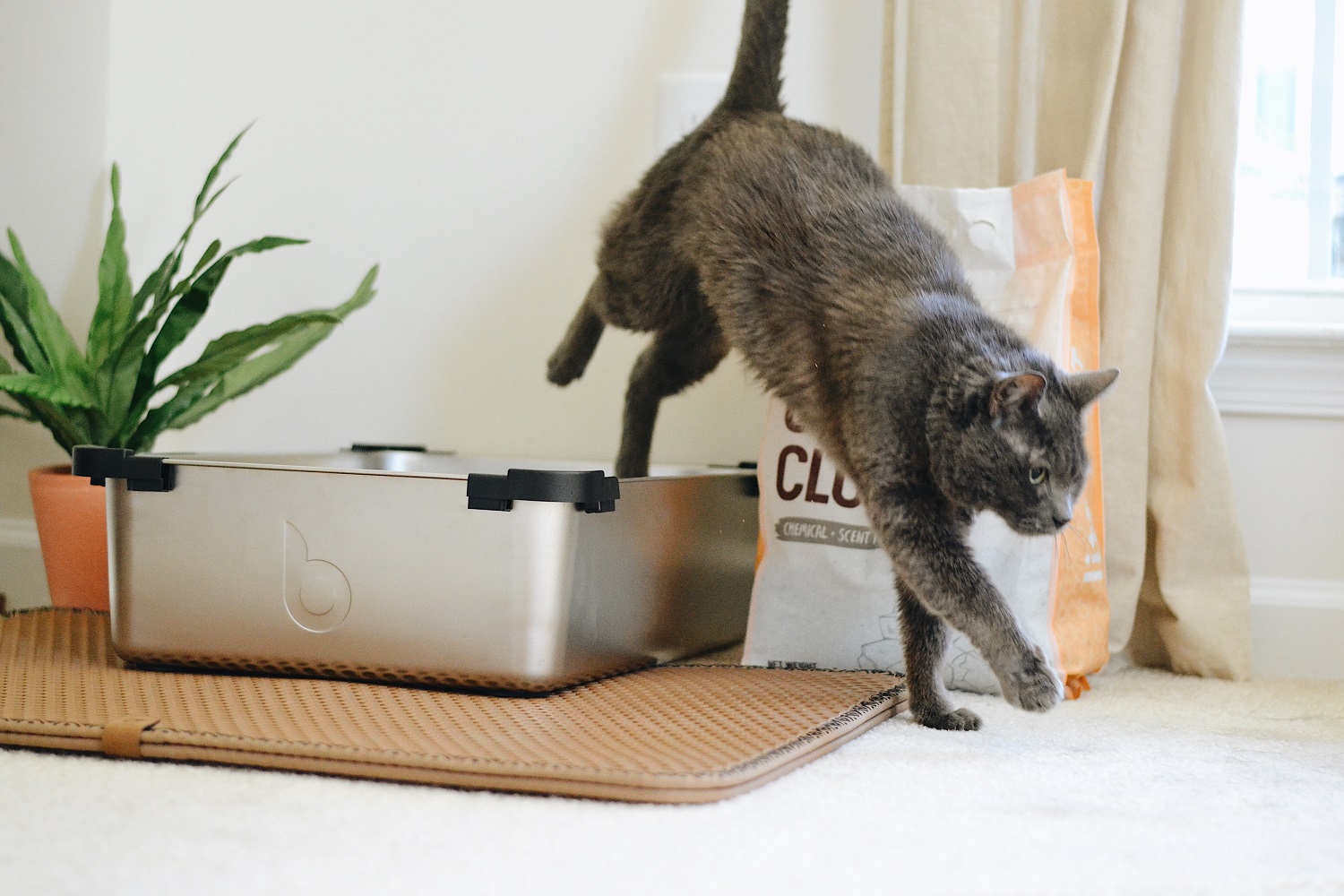So, you’ve brought home an adorable ball of fur, only to discover that your precious kitten thinks your favorite rug is the perfect bathroom spot. Frustrating? Absolutely. But don’t worry. You’re not alone in this messy predicament. Let’s dive into the possible reasons behind your kitten’s litter box rebellion and, more importantly, how to get things back on track.
Medical Issues: When Your Kitten’s Plumbing Needs a Check-Up
Before you start blaming your kitten’s behavior, it’s crucial to rule out any health problems. Conditions like urinary tract infections, constipation, or diarrhea can make using the litter box uncomfortable, leading your kitten to avoid it altogether. If you notice frequent accidents, straining, or any signs of discomfort, a trip to the vet is in order. After all, we can’t expect our feline friends to explain their ailments as they’re notoriously tight-lipped.
Litter Box Aversion: The Goldilocks Dilemma
Kittens can be surprisingly picky about their bathroom setup. If the litter box isn’t up to their standards, they’ll stage a protest (and your carpet will suffer). Common grievances include:
- Type of Litter: Some kittens detest scented or coarse litters. Experiment with unscented, fine-grained options to find the one that pleases your feline overlord.
- Box Design: Covered, uncovered, high sides, low sides. The possibilities are endless. Your kitten might prefer an open-air experience or a more private setting. Observe their preferences and adjust accordingly.
- Cleanliness: A dirty litter box is a major turn-off. Scoop waste daily and perform a thorough cleaning weekly to keep things fresh and inviting.
Stress and Anxiety: When Life Gets Too Hairy
Cats are creatures of habit, and any disruption can send them into a tailspin. Moving to a new home, introducing new pets or people, or even rearranging furniture can stress your kitten out, leading to litter box avoidance. To help your kitten cope:
- Maintain a Routine: Keep feeding, playtime, and bedtime consistent to provide a sense of security.
- Create Safe Spaces: Ensure your kitten has quiet, comfortable areas to retreat to when overwhelmed.
- Gradual Introductions: Introduce new elements slowly, allowing your kitten time to adjust without feeling bombarded.

I’m not sure what Mom and Dad don’t understand. If they’re not going to clean my litter box every time I use it, they’re going to get a few little surprises. And I’ll leave those surprises all over the house. #WatchWhereYouStep #KittyPresents #NotGoingToUseADirtyLitterBox
Joey
Improper Training: Back to Basics
Sometimes, kittens simply haven’t grasped the concept of the litter box yet. In such cases:
- Frequent Placement: Gently place your kitten in the litter box after meals, naps, and play sessions to encourage use.
- Mimic Digging: Use your fingers to scratch the litter, demonstrating the desired behavior.
- Positive Reinforcement: Praise and reward your kitten when they successfully use the box, reinforcing good habits.
Location, Location, Location: Real Estate Matters
The placement of the litter box can make or break your kitten’s willingness to use it. Consider the following:
- Accessibility: Ensure the box is easily accessible, especially for young or small kittens who may struggle with stairs or long distances.
- Privacy: Place the box in a quiet, low-traffic area where your kitten can do their business without an audience.
- Multiple Boxes: In multi-level homes, provide a litter box on each floor to minimize accidents.
Final Thoughts: Patience Is Key
Training your kitten to use the litter box requires patience, observation, and a willingness to adapt. By understanding the potential reasons behind their reluctance and implementing these strategies, you’re well on your way to fostering a harmonious (and clean) living environment. Remember, every kitten is unique. What works for one may not work for another. Stay persistent, and soon enough, your little furball will be a litter box pro.
Sources:
– Litter Box Problems https://www.aspca.org/pet-care/cat-care/common-cat-behavior-issues/litter-box-problems
– How To Litter Train a Kitten https://www.petmd.com/cat/general-health/how-to-litter-train-kitten
– House Training for Kittens and Cats https://vcahospitals.com/know-your-pet/kitten-behavior-and-training—litter-box-training
– Litter Training https://www.kittenlady.org/litter
– Litter Box Training https://www.longmonthumane.org/resources/cat-care-tips/litter-box-training/
Recent Posts
Your Cat Might Be a Furry Little Healer… or at Least a Fuzzy Alarm System If you’ve ever had your cat suddenly become extra clingy when you’re under the weather, you’re not alone. From...
Cats are experts at hiding things, socks under furniture, their disdain for your playlist, and, unfortunately, symptoms of illness. In the wild, showing weakness could make them a target, so even...

